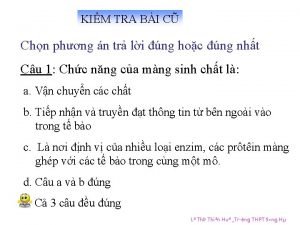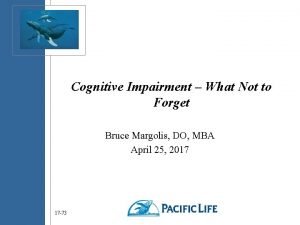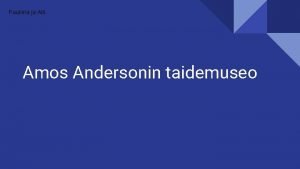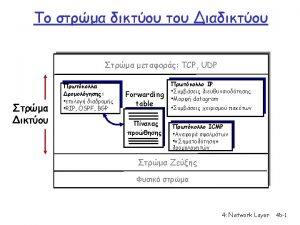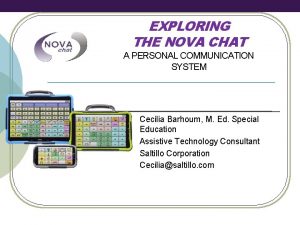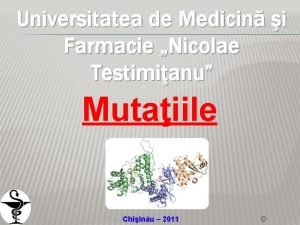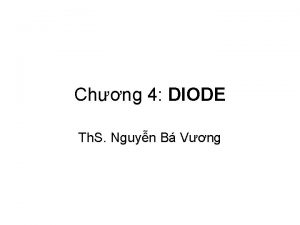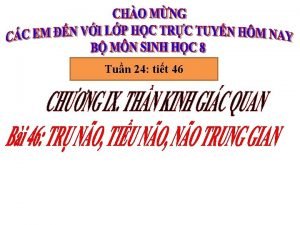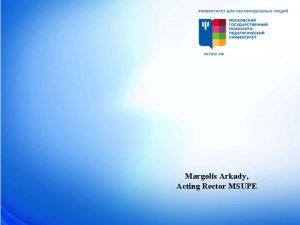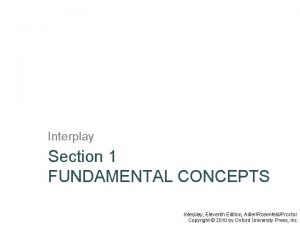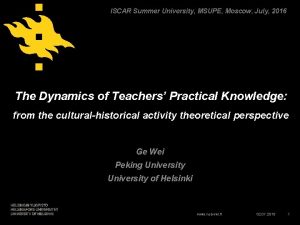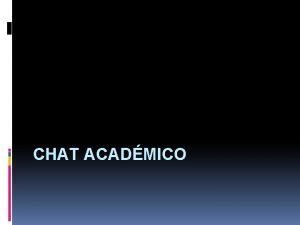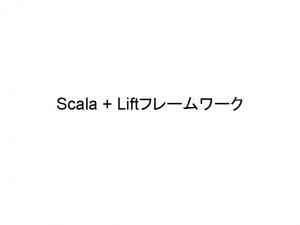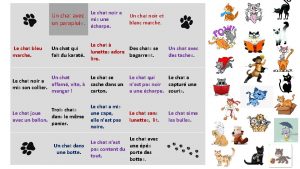ScientificEveryday concepts interplay in CHAT Arkadiy Margolis MSUPE
















- Slides: 16

Scientific/Everyday concepts interplay in CHAT Arkadiy Margolis, MSUPE

Everyday concepts • Everyday concepts or spontenuous concepts/preconceptions/misconceptions as results of previous child’s development • Children are not tabula rasa: they have their own specific types of generalisations of almost every topic studied in schools formed mostly while everyday preschool activities (Earth is flat, metal objects sink, etc. ) • Sometimes everyday concepts lead to correct answers/predictions/solving, mostly to incorrect and mistakes

Everyday concepts in a class • Preconceptions are underlying most of students learning actions and ways to solve school tasks • They might be a reason for students mistakes but also a ground for students hypothesis about object of study • Sometimes they might be observed by a teacher but mostly they are not reflected even by their bearers (students) • Most of everyday concepts/preconceptions being formed in the early stages of children’s development are very rigid and can coexist with verbally formed scientific concepts which are taught in schools

School education and everyday concepts • The main goal of school education in many national curriculums is scientific concept-formation • How this goal is corresponded to the presence and existence of everyday concepts/preconceptions? • 3 major strategies used by teachers: Ignore, Ruin/Reject, Envolve and Use in knowledge-construction

School education and Everyday concepts • The choice of teachers strategy depends upon a way of thinking about general relationship between Education and Development in other words on particular psychological theory of Child Development: • No relation between them • Education and Development are the same • Education leads Development (Vygotsky, CHAT)

Vygotsky point of view on Everday/Scientific concepts • “Development of everyday and scientific concepts in school age” (Lecture, Leningrad institute of pedology, 1933) • “Research of students scientific concepts development” (J. Shif)(19331935)

Vygotsky point of view on Everyday/Scientific concepts • Scientific concept formation is possible only on basis of everyday/spontaneous concepts as results of previous steps in thinking development • In spite of obvious difference there is no gap between them, moreover there is a constant interplay and interaction between this two types of generalisations • While acquiring a new word a process of meaning/concept formation is not finished but rather starts

Piaget vs Vygotsky approach to everyday /scientific concepts • Piaget: • Everyday concepts as products of child’s own thought have to be replaced by scientific concepts in a course of socialisation specifically while schooling. • Scientific and everyday concepts are opposite to each other • A teacher needs to know everyday concepts as we need to know enemies whom we plan to destroy • Vygotsky: • Scientific concepts might be built only on basis of everyday concepts. They are both part of the same whole process of thinking. • Development of scientific concepts leads to restructuring of everyday concepts making them more generalised and conscious

Scientific concepts as a tool of child development • Education leads Development (Vygotsky) • What are specific psychological mechanisms of this metaphor ? • Education which is aimed towards formation of scientific concepts create conditions of restructuring all other units of thinking (including everyday concepts) in areas far away from the content of learning • Scientific concepts create a Zone of proximal development (ZPD) for everyday concepts, transforming them in more general, conscious and deliberately used tools of the mind

Two-way road of scientific and everyday concepts • Scientific concepts being formed during education are abstract, less based on perception and emotional relation, have an area of application significantly broader than everyday experience • Everyday concepts are strongly tied to perception and perceived features of objects, everyday activities, connected with personal feelings of bright examples • Top-down and down to top lines of conceptual change • Real concept as a mixture of everyday and scientific concepts (Vygotsky), coexistence of different types of concepts in each stage of child development (M. Hedegaard)

ZPD • Traditional definition/Mixed with scaffolding: Forms and level of interaction, support, confusion with a metaphor of scaffolding • Concept-related definition: The content of interaction and its influence on the development of thinking • ZPD as a space for transformation of everyday concepts in more generalised and conscious concepts while learning and culturally mediated social interactions with a teacher and/or peers

How it might be done in real school settings? • Concept-formation (direct illustration of Vygotsky point of view on the role of scientific concepts as a ZPD): • Developmental teaching (Elkonin-Davydov): formation of theoretical concepts, concepts as new ways of actions based on general principle, opposed to formal way of generalisation • Radical-local education/Double move (M. Hedegaard): bringing everyday experience as a material for restructuring by new tools • School of a Dialogue of Cultures (V. Bibler): dialogical way of understanding the nature of scientific concepts

How it might be done in real school settings? • Collectively-shared learning activity (V. Rubtsov): splitting of joint action among peers, stimulating their interaction, dialogue and cooperation, other as a sign • Investigative Science Learning Environmets (E. Etkina, Rutgers University): aqusition of specific cognitive tools used by scientists through experimenting with object of study, formation of scientific abilities instead of set of certain concepts • Dialogue in a classroom/Socratic dialogue (M. Lipman, A. -N. Perret-Clermont) • Externalisation of everyday concepts-dialogue-joint construction of more advanced concept-internalisation

Area of further research • 1. Naive theories, P-Primes, Description from the subject point of view. Maps of children preconceptions • Levels of development (Vygotsky), linkage between specific form of representation and level of child thinking development • 2. Assessment of everyday concepts prior and after education as a tool of measurement of children development • 3. Model of teaching aimed towards conceptual change based on concept interplay understanding of ZPD

For more information: Article “ZPD, Scaffolding and Teacher Activity” To be published in “Cultural-Historical Psychology”, N 3, 2020

Thank you for your time and attention
 Vận chuyển các chất qua màng
Vận chuyển các chất qua màng Pauliina margolis
Pauliina margolis Bruce margolis
Bruce margolis Pauliina margolis
Pauliina margolis Energy system interplay
Energy system interplay Interplay between routing and forwarding
Interplay between routing and forwarding Nova chat 5
Nova chat 5 Sindromul cri du chat wikipedia
Sindromul cri du chat wikipedia So sánh tuyến nội tiết và tuyến ngoại tiết
So sánh tuyến nội tiết và tuyến ngoại tiết Chất bán dẫn
Chất bán dẫn Tun tit tun tit
Tun tit tun tit Doostan chat
Doostan chat Description d un chat
Description d un chat Mon chat s'appelle pacha
Mon chat s'appelle pacha Chat sala aeiou
Chat sala aeiou Selbstmordchat
Selbstmordchat Cp chat
Cp chat
